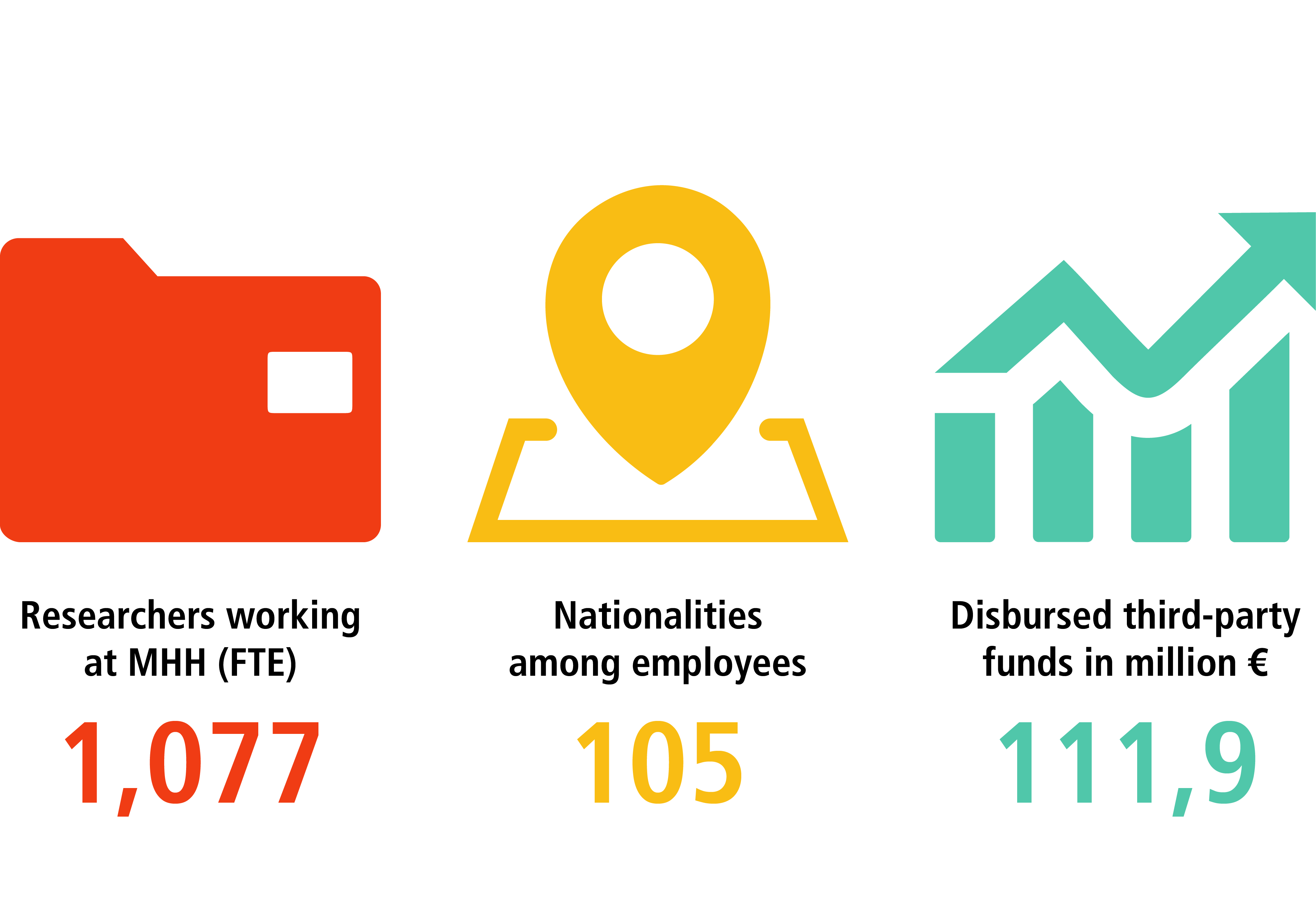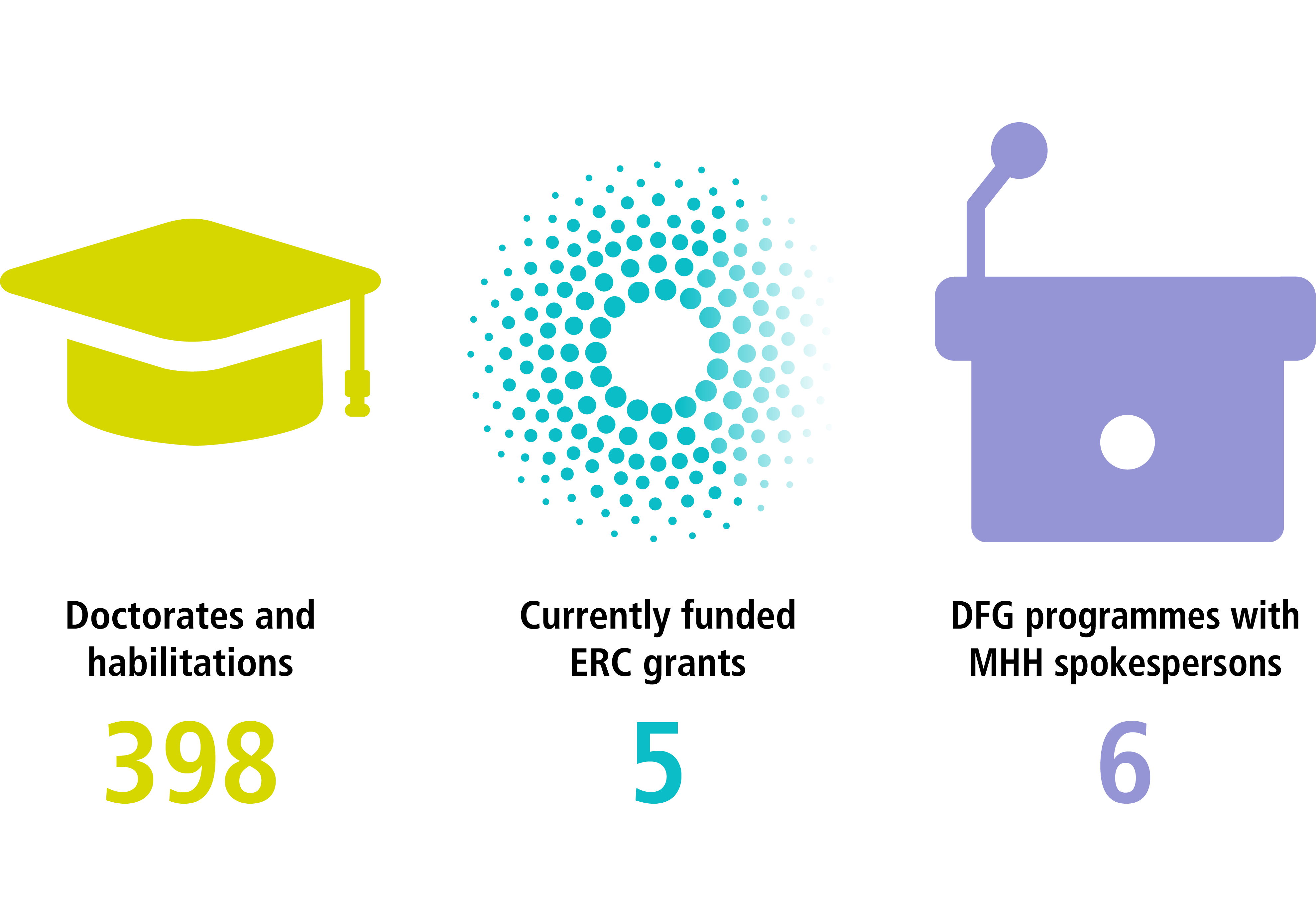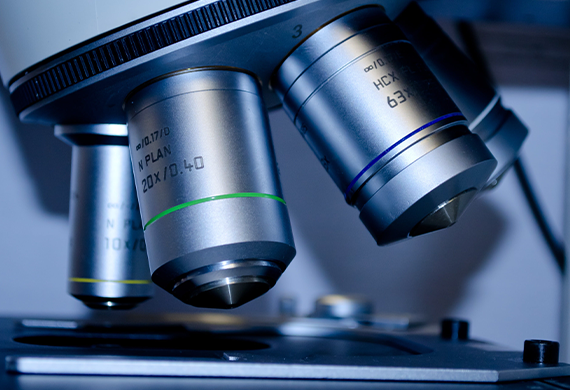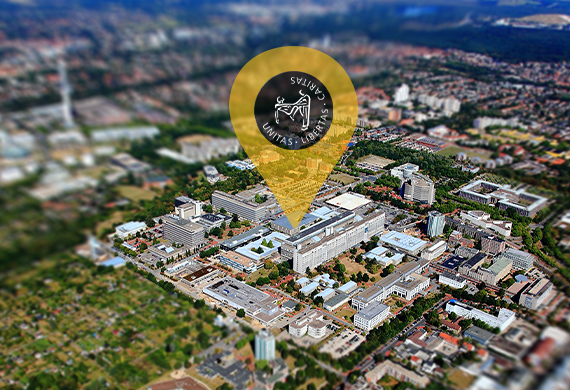
Our strength - research
MHH is one of the most research-intensive medical universities in Germany.
At Hannover Medical School we specialise in transplantation and stem cell research/regenerative medicine, infection and immunity research as well as biomedical engineering and implant research.
Our scientific endeavours benefit from the MHH's integration model: research, clinics and teaching are closely interlinked.
Our research profile
Below you will find an overview of the MHH's research profile. Cutting-edge research requires interdisciplinary co-operation and networking in order to achieve scientific success. Through our academic career development programmes, we contribute to a sustainable research landscape.
MHH fosters three recognised research priorities, while also supporting other innovative areas. Our core research areas are:
With two German Centers for Health Research (German Center for Infection Research [DZIF] and German Centre for Lung Research [DZL]), two competence networks for infection research (Hep-Net and CAPNETZ), a strategic partnership with the Helmholtz Centre for Infection Research (HZI) in Braunschweig and the two joint facilities of MHH and HZI, TWINCORE and the Centre for Individualised Infection Medicine (CiiM), MHH proves itself to be a renowned location for infection research. This forms the basis for the research focus "Infection and Immunity". This provides the framework in which the Research Unit (FOR) 2953 "Sialic Acid and Immunity", participation in FOR 2799 "γδ-T Cell Receptor" and the Cluster of Excellence EXC 2155 "Resolving Infection Susceptibility (RESIST)" are embedded. The latter was successfully acquired for the first time as part of the Excellence Strategy in 2019 and will initially run until the end of 2025.
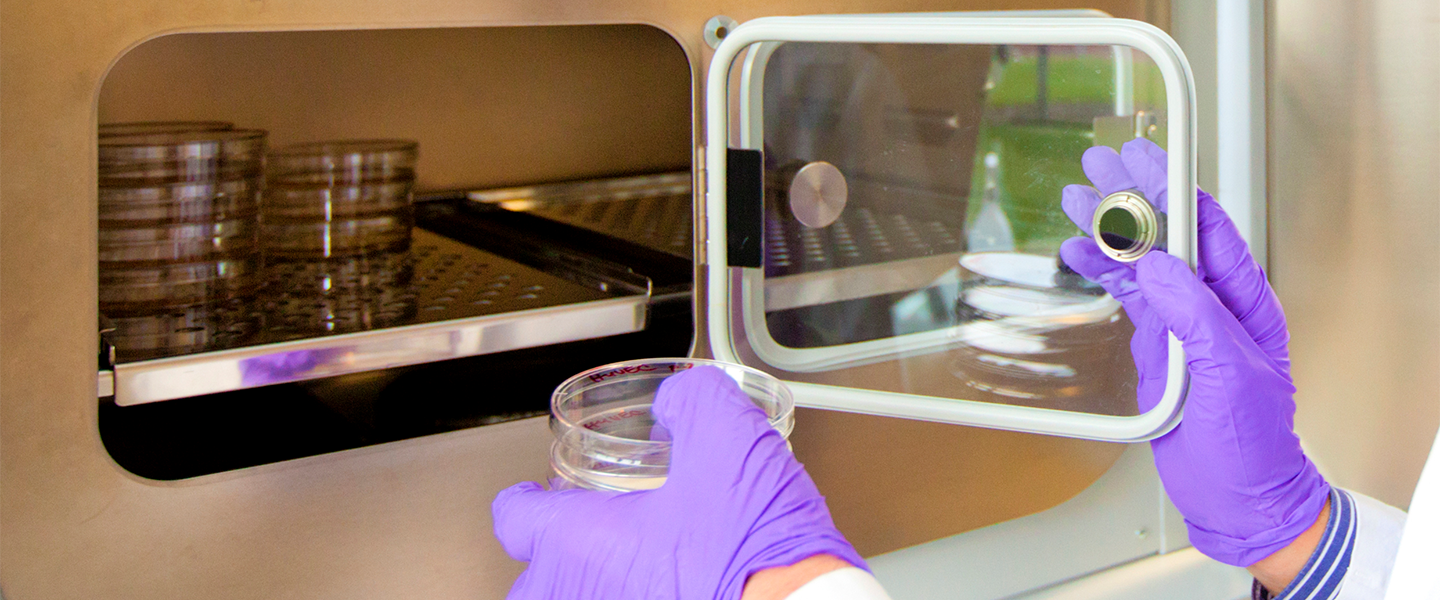
MHH is the largest transplant centre in Germany and is recognised internationally for this clinical focus. The second research focus "Transplantation and Regeneration" is closely linked to this. Together with the Leibniz Universität Hannover (LUH), the Centre of Biomolecular Drug Research (BMWZ), the Fraunhofer Institute for Toxicology and Experimental Medicine (ITEM), the University of Veterinary Medicine Hannover (TiHo), the Laser Zentrum Hannover (LZH) and the Friedrich-Loeffler-Institut Neustadt-Mariensee, the MHH has developed this research focus to international renown and importance. The steadily growing significance is reflected in the participation in the Transregional Collaborative Research Centre TRR 127 "Xenotransplantation" and in the Clinical Research Unit KFO 311 "(Pre-) terminal heart and lung failure: mechanical relief and repair". In addition, the MHH was able to acquire the Cluster of Excellence "Regenerative Biology and Reconstructive Therapies (REBIRTH)" as part of the Excellence Initiative in 2006, which was extended in 2012 and subsequently consolidated as an independent research centre.
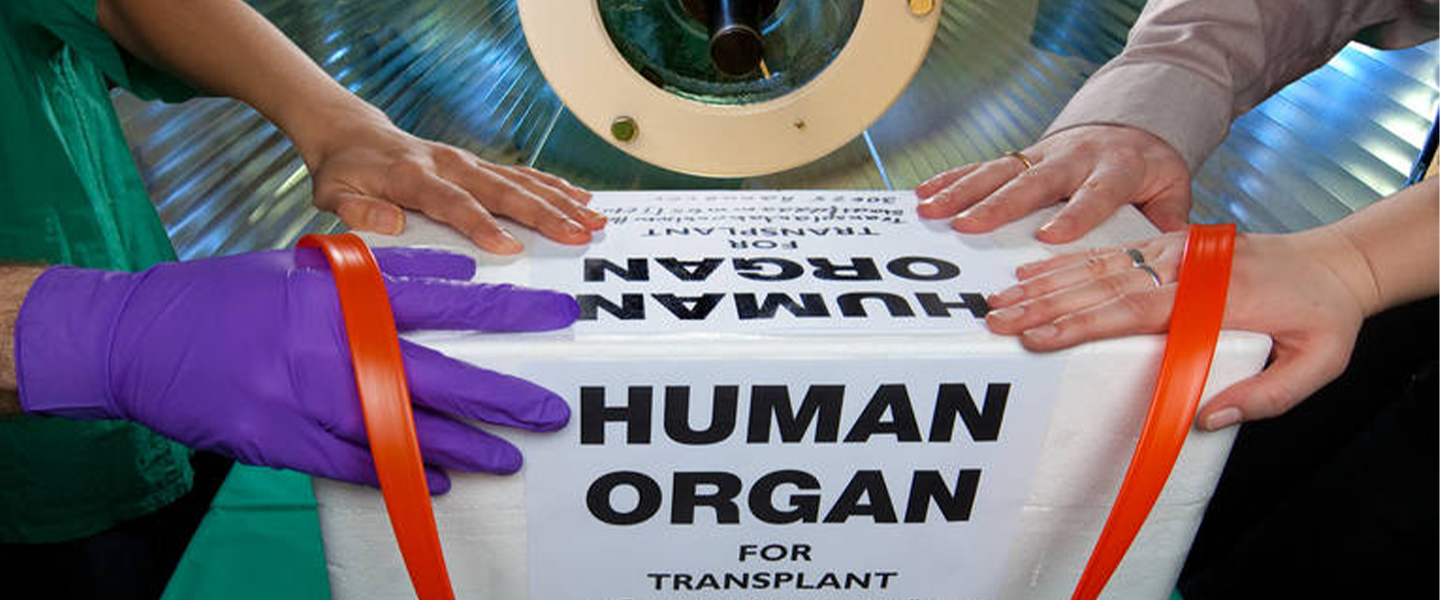
The combination of scientific excellence and outstanding clinical care is also evident in MHH's third research focus "Biomedical Engineering and Implants". This is demonstrated by the successful acquisition of the Cluster of Excellence EXC 2177 "Hearing4All" in 2012 and its extension in 2019 in collaboration with the University of Oldenburg (UOL) and Leibniz University Hannover (LUH). The importance of this focus is also demonstrated by the establishment of the Lower Saxony Centre for Biomedical Engineering, Implant Research and Development (NIFE) involving LUH and the University of Veterinary Medicine Hannover (TiHo). The successful acquisition of the SFB TRR 298 "SIIRI" in 2021 and the research groups FOR 2591 "Severity assessment in animal-based research" and FOR 5250 "Characterisation and modelling of permanent and bioresorbable implants" complement the success enjoyed by this focus area.
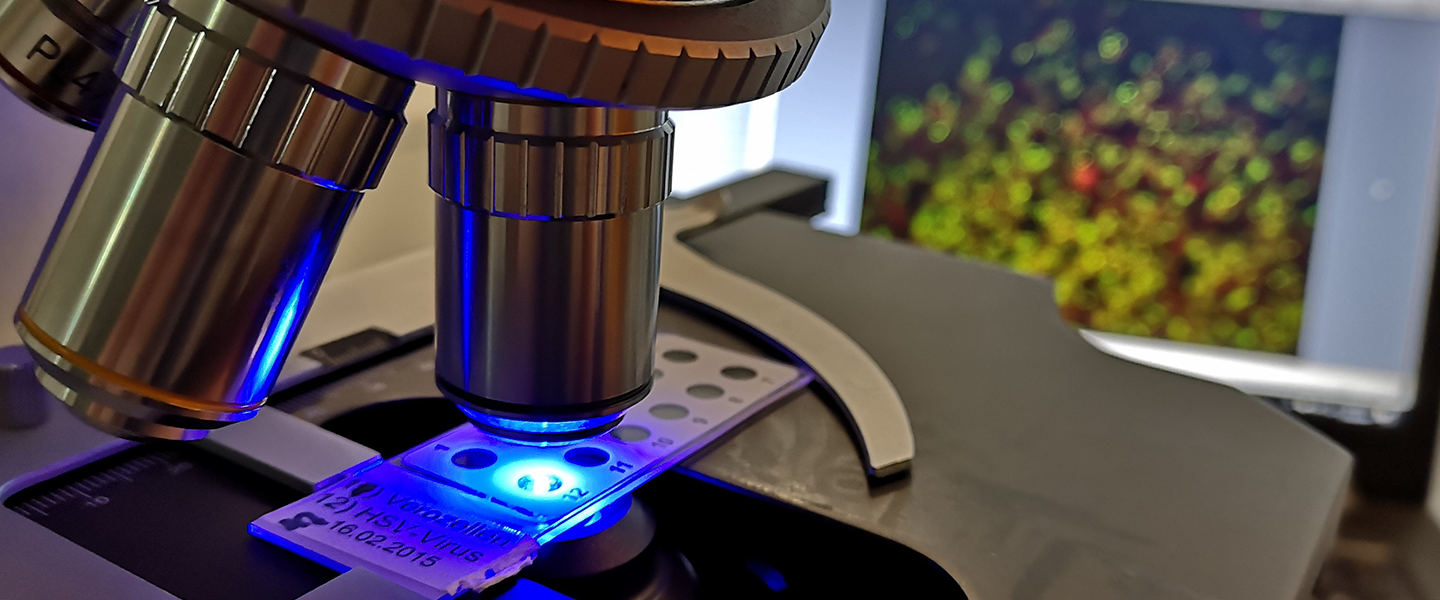
Dean of Research Good Scientific Practice (GSP) Doctoral and Habilitation Office
Available in German only
Transparency in Research
